|
|
In today’s world, consumers are becoming increasingly aware of the impact of their choices on the environment. Businesses must adapt to this changing landscape and prioritize sustainability in their marketing strategies. But what exactly does sustainable marketing entail?
It is a way of promoting products or services while minimizing their impact on the environment and society. It involves creating messaging and campaigns that are honest, transparent, and socially responsible. It’s vital to avoid greenwashing; it should be a real commitment to reducing your carbon footprint and promoting a more sustainable future.
But why should companies care about sustainable marketing? And how do you approach this?
In this article, we’ll explore some of the best sustainable marketing strategies that businesses can adopt to reduce their environmental impact and appeal to socially conscious consumers.
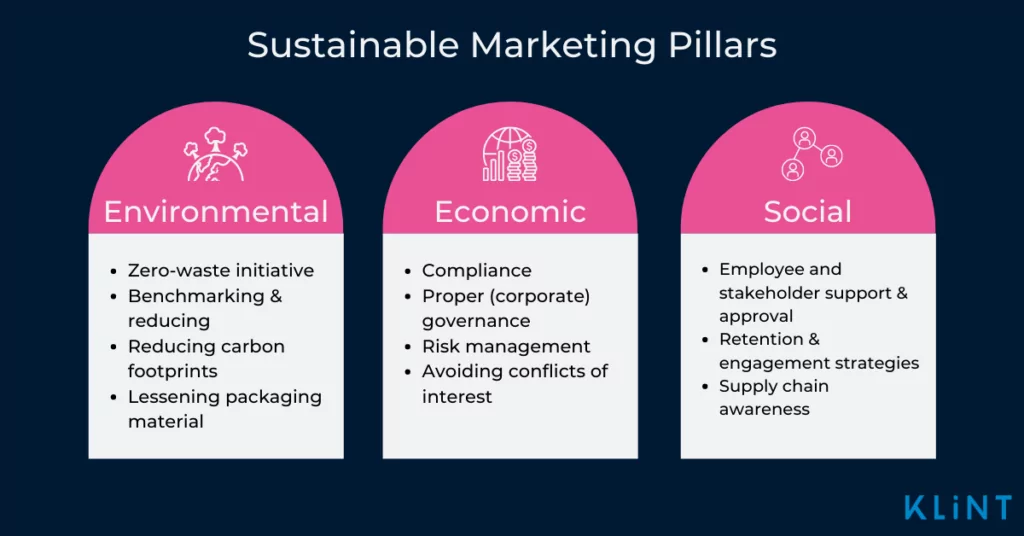
Before we delve into specific sustainable marketing strategies, it’s important to have a deeper understanding of what sustainable marketing means.
At its core, sustainable marketing is a way of promoting products or services that minimize negative environmental and societal impacts.
This can include everything from reducing waste and energy consumption to supporting ethical labor practices and promoting biodiversity.
One of the key tenets of sustainable marketing is transparency.
Consumers today are more informed than ever, and they want to know exactly what they’re buying and what impact it has on the environment and society.
That’s why it’s important for businesses to be upfront and honest about their sustainability practices. It can involve detailed information about the materials used in a product, how it’s manufactured, and how it’s disposed of at the end of its life cycle.
Another important aspect of sustainable marketing is social responsibility.
This means taking steps to support and improve the communities in which a company operates. This may be everything from sourcing materials locally to donating a portion of profits to charitable causes.
By demonstrating a commitment to social responsibility, businesses can not only improve their reputation but also attract socially conscious consumers who prioritize making a positive impact.
Sustainable Marketing vs Green Marketing
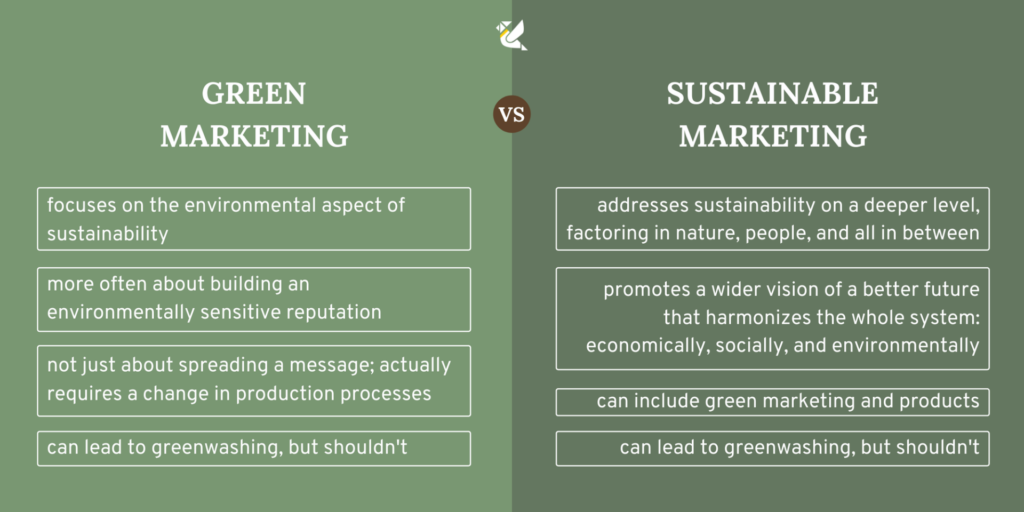
Green marketing and sustainable marketing are both related to promoting environmentally responsible practices and products, but they differ in their scope and objectives.
Green marketing is a type of marketing that emphasizes the environmental benefits of a product or service, often through the use of eco-labels or by highlighting the use of renewable materials or energy sources.
The goal of green marketing is to appeal to consumers who are concerned about environmental issues and to differentiate a product from its competitors by emphasizing its eco-friendliness.
However, green marketing may not necessarily address broader social and economic sustainability issues, such as labor conditions or community development.
On the other hand, sustainable marketing is a larger approach that takes into account the environmental, social, and economic impacts of a product or service throughout its entire life cycle, from production to disposal.
The goal of sustainable marketing is to create products and services that meet the needs of the present generation without compromising the ability of future generations to meet their own needs.
This approach considers the triple bottom line of people, planet, and profit and seeks to balance these factors to achieve long-term sustainability.
Benefits of Sustainable Marketing
Now that we’ve established what sustainable marketing is, let’s explore some of the benefits it can bring to organizations.
- Improved brand reputation: Consumers today are increasingly conscious of the impact their choices have on the environment and society. By demonstrating a commitment to sustainability, businesses can improve their reputation and appeal to socially conscious consumers who prioritize making a positive impact.
In fact, according to McKinsey, over 60% of consumers are willing to pay more for a product with sustainable packaging. NilsenIQ states that the percentage maybe be as high as 72%.
- Increased customer loyalty: When consumers feel like they’re making a positive impact by supporting a sustainable business, they’re more likely to remain loyal and make repeat purchases.
Capgemini found that 64% of customers are simply happier when they buy sustainable products, while according to Forbes, 88% of consumers declare loyalty to brands that support environmental and social issues.
- Cost savings: Sustainable practices can often lead to cost savings and operational efficiencies. For example, reducing waste and energy consumption can help businesses save money on utilities and materials costs.
- Improved employee morale: Employees today want to work for companies that share their values and prioritize sustainability. Cone Communications reports that over half of employees wouldn’t work for an organization that has no policies addressing sustainability issues.
By demonstrating a commitment to sustainability, businesses can improve employee morale and attract top talent.

- Innovation and creativity: Adopting sustainable marketing strategies often requires businesses to think outside the box and come up with innovative solutions to reduce their environmental impact.
This can foster a culture of creativity and innovation within the company, leading to new products, services, and business models.
How to Implement Sustainable Marketing
We have established the importance and benefits of sustainable marketing, so we can look at some sustainable marketing strategies that businesses can adopt.
Sustainability as a Core Value
One of the most important sustainable marketing strategies is to make sustainability a core value of the business. This means incorporating sustainability into all aspects of the company, from product design and manufacturing to distribution and marketing.
A company that has made sustainability a core value is Patagonia.
They have made it a point to prioritize the environment and social responsibility in all their business practices. They focus on using sustainable materials, reducing waste, and donating a portion of their profits to environmental causes.
They also have a Worn Wear program that encourages customers to repair and reuse their clothing rather than buy new ones, promoting a more sustainable approach to fashion.
By making sustainability a core value of the business, companies can ensure that their marketing efforts align with their overall mission and values, creating a more authentic and transparent approach to sustainable marketing.
Sustainable Packaging

Packaging is a critical aspect of product marketing, and sustainable solutions are becoming increasingly important for consumers.
Sustainable packaging refers to packaging that is environmentally friendly and reduces waste. It can include using recycled materials, smaller packaging sizes, and minimizing the use of harmful chemicals.
An example of sustainable packaging is the package-free products offered by Lush Cosmetics. They don’t use any packaging when it’s not necessary and choose post-consumer plastic that can be recycled, while their black and clear pots can be returned to any Lush store.
By adopting sustainable packaging, companies can not only appeal to environmentally conscious consumers but also reduce their carbon footprint and operational costs.
Green Advertising
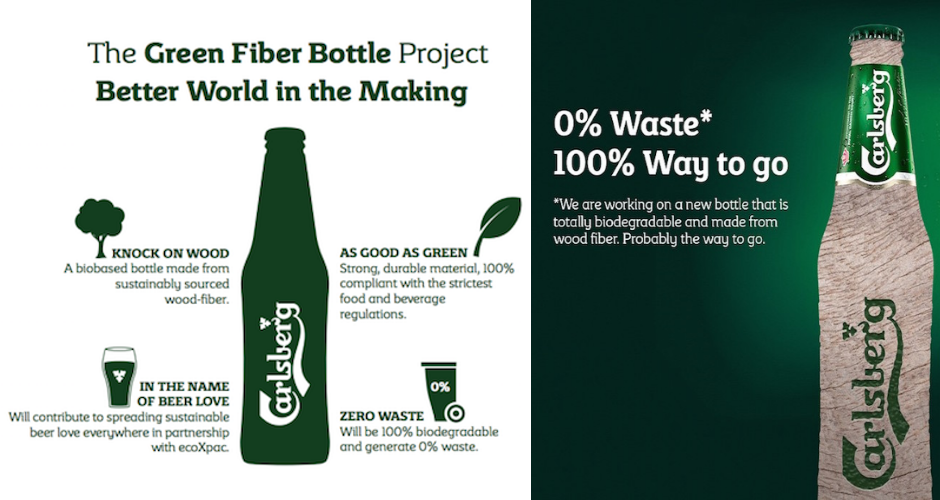
Green advertising is a type of marketing that emphasizes the environmental benefits of a product or service. The efforts can include eco-labels, promoting the use of renewable materials, and highlighting the environmental impact of the product.
However, it is crucial to avoid greenwashing – the act of making false or exaggerated claims about the environmental benefits of a product or service. Greenwashing can be harmful to a company’s reputation and mislead consumers.
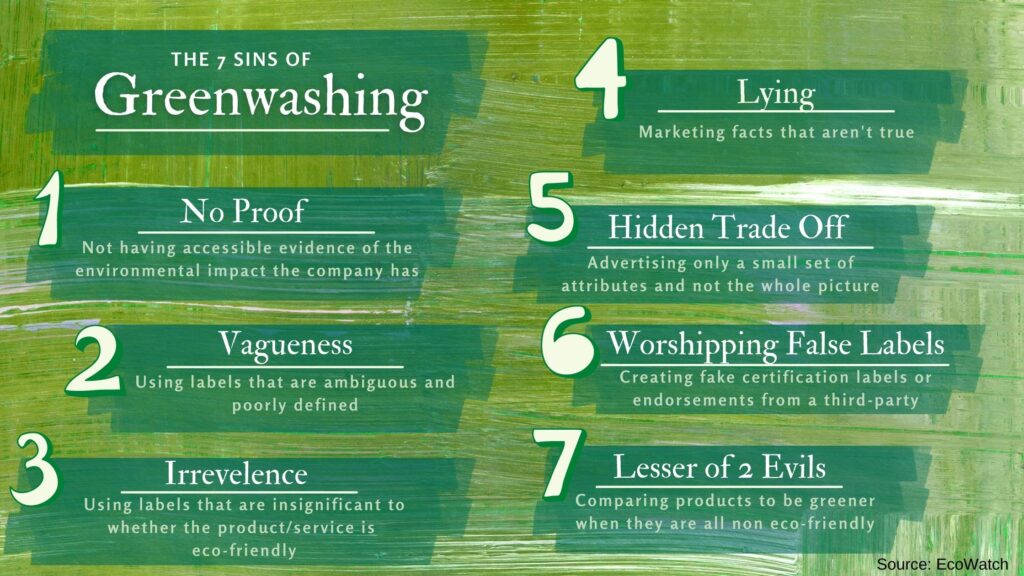
One way to avoid greenwashing is to ensure that all claims made in advertising are backed by credible certifications or evidence. You can also use a broader approach to sustainable marketing, as discussed earlier, by considering the social and economic impacts of your offering.
Supporting Sustainable Causes
Supporting sustainable causes is a great way to demonstrate a commitment to sustainability and social responsibility. This can include donating a portion of profits to environmental organizations or partnering with local community groups to promote sustainability.
A great example of a company that cares about sustainable causes is Ben & Jerry’s. They have a long history of supporting environmental initiatives, including the fight against climate change and the protection of endangered species. They also use their platform to promote social justice and equality issues.
By supporting sustainable causes, companies can not only improve their reputation but also make a positive impact on the environment and society.
Transparency and Accountability
Transparency and accountability are essential for sustainable marketing. Businesses must be clear about their sustainability practices and demonstrate a commitment to continuous improvement.
This can include providing detailed information about the materials used in their products, how they’re manufactured, and any certifications or evidence that supports their claims. It’s also important to share progress updates on your sustainability efforts, so customers know you’re serious about making a positive impact.
Apple is an example of a company that has made transparency and accountability an integral part of its operations through its annual environmental responsibility report (here’s the most recent report). It outlines progress toward reducing carbon emissions and other goals related to ethical labor practices, product safety, energy efficiency, waste management, etc.
Value Over Profit and Margin
Companies must prioritize value over profit and margin when implementing sustainable marketing strategies. That means taking a long-term approach to sustainability, looking at the bigger picture rather than short-term gains.
It’s about reducing environmental impacts while also contributing to social progress and profitability in the long run. Companies that stick with this strategy are more likely to build trust with their customers and attract socially conscious consumers who want to make a positive impact.
Educating Consumers, Employees, and Partners
Finally, sustainable marketing involves educating consumers, employees, and partners about sustainability issues. This can be through providing detailed information about the environmental impact of a product or service throughout its life cycle.
For example, businesses can provide breakdowns of their environmental footprint or create detailed messaging about their sustainable practices. They can also host educational events, such as workshops and seminars, to teach people about sustainability and how they can reduce their impact.

Another way to educate consumers is through marketing campaigns that focus on sustainability issues. A great example of this is the “Meet Graham”campaign by the Transport Accident Commission in Australia. The campaign focused on road safety and used an interactive exhibit to educate consumers about the importance of wearing seat belts and other safety measures.
The Bottom Line
Sustainable marketing is an essential part of today’s business landscape. As consumer awareness and demand for environmentally responsible practices grows, businesses must prioritize sustainability in their marketing strategies to remain competitive and appeal to socially conscious consumers.
By understanding the benefits of sustainable marketing, implementing specific strategies such as using sustainable packaging, green advertising, supporting causes that promote sustainability, transparency and accountability about their practices, prioritizing value over profit margins and educating customers about sustainability issues – companies will be well on their way to succeeding in sustainable marketing.

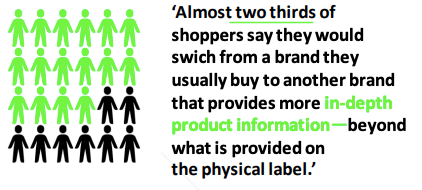












No Comments